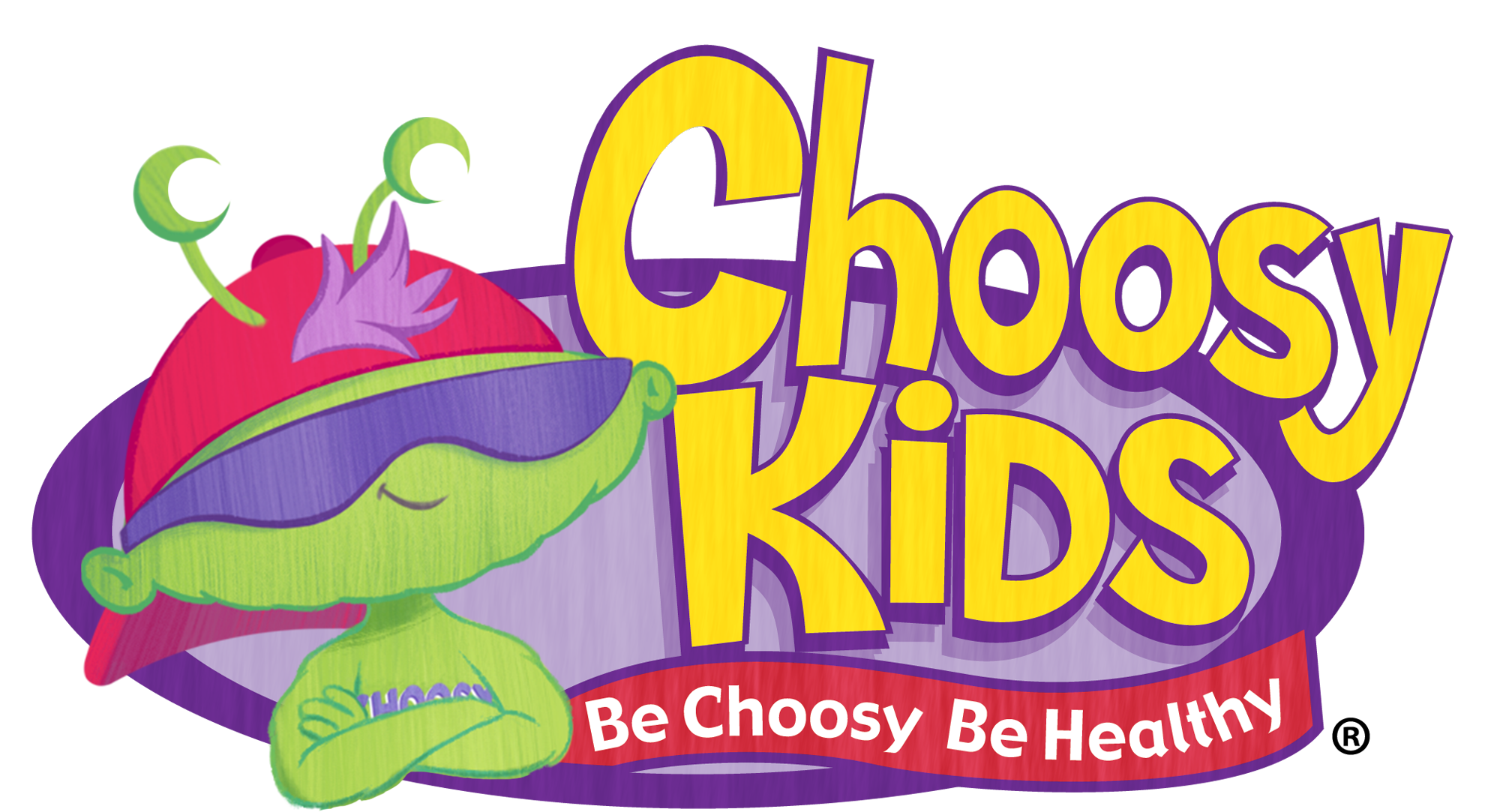
Three Holiday Lessons for Children
Posted by Christine Cox on
As we near closer to the holiday season, I feel like I have been teaching my 4 year old a lot of lessons at one time. This year is going to be a special holiday season because she is really starting to enjoy family traditions and is getting in the holiday spirit. In my family, we talk a lot about Santa and his reindeer, the elves at the North Pole and how exciting Christmas morning is going to be when all of the presents magically appear under the tree. But there are also lessons that I am trying to focus on to ensure my daughter values more than just presents during this time of the year and through life. No matter what holiday you celebrate, here are three life lessons that can be nurtured in all children this time of the year.

1. Giving is Better than Receiving
This is a hard lesson to teach children who are really excited to unwrap presents they have received from others. Unfortunately, there are people in our world who have very little so I have made it a goal this holiday season to teach Capri about different family circumstances and to hopefully engage her feelings about giving something of hers to someone else. I have taught this lesson with the help of our Choosy Kids team. Each year, the Choosy Kids team “adopts” a family who is less fortunate and struggling to make ends meet. We provide gifts to the family to help them have a special holiday together. There was a 2 year old little girl in the family this year so I took it upon myself to explain to Capri that this little girl, right now, doesn’t have as much as Capri has and it is up to us to make sure she has a great holiday. So we went through Capri’s toys and picked out things that she wanted to give to the other little girl. I couldn’t believe the things she wanted to give her. Stuffed animals that she loved, slept with at night, and carried around during the day were toys she wanted to give to this little girl because “she will love them too” as she said. It didn’t stop with this little girl. We have since picked a name off of the giving tree at school and purchased a gift for a child there and have made monetary donations to different organizations that mean something to our family. I always make sure to ask Capri how she feels after we give something and she tells me good and I usually get a big hug. The tears always swell up in my eyes because she is getting it!
2. Say Thank You, Even if it Wasn’t What You Wanted
A prime example of this actually happened pre-Christmas to my daughter. Capri and Cam’s Grandmother gave them a new movie to watch. Actually, Capri and I had already watched this flick in the movie theater and when her Grandmother gave her the movie, instead of just saying thank you, she went on to tell her that she doesn’t even like that movie (but in reality she wasn’t thrilled with the movie theater experience…she’s 4). Regardless, I had to try to teach her that Grandma’s feelings might have been hurt because Capri didn’t graciously say thank you for the gift. Whether the gift is something your child may have asked for or not, we need to nurture and encourage the thank you’s. If your child is still not thrilled with the item, you can revisit my first lesson about giving and maybe find a child who really would like the gift and have your child experience giving in this way..
3. You Don’t Have to Buy Anything
Most children do not have a full understanding of money or buying something until they are in elementary school (trust me because Capri thinks we can buy anything and everything on Amazon). A good lesson to teach children this time of the year is that you don’t have to buy something to be able to give it as a gift. Sometimes homemade items are the best presents, and sometimes just your presence is the greatest gift. I have taught this lesson by asking Capri to make her own Christmas cards to send to people, by having her make cookies for the neighbors, and when she is a little older I plan to teach her about volunteering and helping others, something that doesn’t cost a dime!
What are some other lessons that you can think of that are good to teach this time of the year?





